Coronavirus (COVID-19) Pandemic Resources
The novel coronavirus is disrupting the way we live, work and experience school. To halt the spread of infection, to be physically safe, we must distance ourselves from many of the people in our lives. But to be emotionally safe, we need to maintain connections to our family, friends, teachers and peers. In other words, to the people we trust. The following is a curated list of resources for parents and caregivers, teachers, educators and leaders—for any adult who has a trusting, supportive relationship with a child—and for children and young people themselves.
Resources from Turnaround for Children
Stress and the Brain
Turnaround for Children offers free access to Stress and the Brain, a resource for educators selected to complement The 180 Podcast episode Coronavirus: Keeping Our Children And Ourselves Safe, With Pamela Cantor, M.D.
Resources For The Three Rs
RELATIONSHIPS:
ROUTINES:
- Household and Remote School Routines and Procedures Checklist
- Routines Planner (Virtual)
- Routines Planner (In Person)
RESILIENCE:
ADDITIONAL RESOURCE:
Well-Being Index
Science demonstrates what the best educators have always known: All students have unique strengths and needs that vary over time and are expressed differently. When schools recognize and personalize experiences for individual students and remove barriers to learning, they create the conditions that support thriving. But, if a student’s experience and how they feel and function is variable, how can educators capture this in order to support them in a timely, personalized way?
To help educators assess student well-being directly, quickly, and frequently, both in-person and virtually, Turnaround for Children has developed a free new tool: The Well-Being Index. This tool can minimize making assumptions about students and instead support students to understand and look after their own well-being.
Responding to Crisis Within A Tiered Supports System
To help schools address the challenges of the COVID-19 pandemic, Turnaround for Children created a new free Action Pack to guide staff, schools and school systems in Responding to Crisis Within a Tiered Supports System. The crisis component of a tiered support system allows for students who are experiencing disruptions in their health, mood, behavior, and/or skill development to receive immediate support.
Turnaround for Children Toolbox
Today, the well-being, learning, and development of a generation of young people must be our foremost priority. This is especially true as we reckon with the large numbers of young people who have experienced grief and loss, exposure to racialized violence, and disruption of important connections to school, teachers, and in-person instruction during COVID-19.
Educators and families are concerned about recovery, but also see an opportunity to reimagine and build a better and more just education system. The Turnaround for Children Toolbox is an online hub for science-grounded ideas and resources that empower educators to embed an equitable whole-child purpose into our education system. Through this approach, educators can prioritize relationships as the active ingredient in learning; meet students’ needs in authentically-personalized ways; tap into students’ strengths, interests, and talents; and facilitate academic progress.
7 Tips for Parents and Caregivers: Reassuring Children During the Coronavirus Outbreak
The most powerful tool that we as adults have to manage stress and to help our young people manage stress is the human relationship. Because relationships that are strong and trustful release the hormone oxytocin and oxytocin can restore a child’s sense of safety.
Back to Basics Blog Series
In the Back to Basics blog series, Sheila Ohlsson Walker, Ph.D. illuminates how and why a handful of synergistic, simple, and scientifically grounded lifestyle choices offer protection from the novel coronavirus and fortify mental and physical health for life.
- The Recipe for Reducing Stress and Boosting Health
- Mother Nature’s Magic Pill
- Why Sleep is the Clean-Up Crew for Your Brain
- Use Your Fork Wisely to Clean up Your MMES
- Why Meditation is a Medically Proven Vaccine For Chronic Stress
- Setting Gratitude As Your Magnetic North
- The Neurobiology of Service — How 1+1 Can Equal 3
- Quality Time – How Connection Is The New Vitamin C
- Why Staying Close to People Who Feel Like Sunlight is as Important as Food and Water
- Visualize Success – Start with Your Now to Create Your Future
The Upward Spiral
Webinars and Events
- Pamela Cantor, M.D. Featured in Instruction Partners Rethinking Intervention Series
- Pamela Cantor, M.D. Presents at NASBE Webinar
- Pamela Cantor, M.D. Presents on Campaign for Grade Level Reading Webinar
- Pamela Cantor, M.D. Presents On Newsela Webinar About COVID-19
- Pamela Cantor, M.D. Speaks On COVID-19 Town Hall Hosted by AFT, National PTA and Carnegie Corporation
- Pamela Cantor, M.D. Presents at Whiteboard Advisors Webinar on COVID-19
- Turnaround for Children Joins Learning Forward Webinar On Supporting Students in Stressful Times
- Pamela Cantor, M.D. Speaks to Sree Sreenivasan About Staying Positive During the Coronavirus Pandemic
- Turnaround Joins Live Q&A Chat For Educators Presented by CASEL
- Pamela Cantor, M.D. Joins Success Coach Webinar
The Science of Learning and Development Alliance
- COVID-19 Resources for Field Leaders
- Making Meaning in the Time of COVID: Interviews with Education Leaders
- The 3R’s—Relationships, Routines, Resilience: A Conversation with Pamela Cantor, M.D.
- Developing the Learner: A Conversation with Brigid Ahern
ISTE #COVID19 Education Coalition
More than 30 organizations, including Turnaround for Children, have joined forces to share resources and support to support educators during this challenging time for schools around the world. Learn more about the #COVID19 Education Coalition, convened by the International Society for Technology in Education (ISTE).
Educating All Learners Alliance
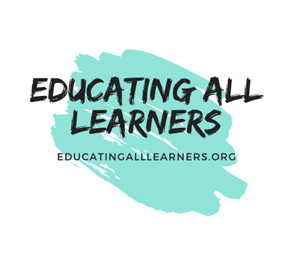
Turnaround for Children has joined forces with The Educating All Learners Alliance (EALA) to help ensure the continuity of special education services during remote instruction, The Alliance aims to elevate best practice approaches for schools and educators to promote equity for all learners during the coronavirus pandemic.
Podcasts
- The 180 Podcast: Getting Back to School Safely and Better, with John King
- The 180 Podcast: We Can’t Just Do the Same Things We’ve Always Done, with Hal Smith
- The 180 Podcast: Coronavirus: Keeping Our Children And Ourselves Safe, With Pamela Cantor, M.D.
- The 180 Podcast: How to Parent in a Pandemic: A Conversation with Dr. Pamela Cantor
- The 180 Podcast: You Can’t Separate Character from Student Success, with Ron Berger & Laina Cox
- The 180 Podcast: When the Building is Closed but School is Open with Laina Cox & Ron Berger
- The 180 Podcast: Margaret Beale Spencer: Where Resilience Comes From
- The 180 Podcast: Diane Tavenner (Part 1): How Summit Schools is Helping Students Stay on Course During the Pandemic
- The 180 Podcast: Diane Tavenner (Part 2): The Crucial Teacher, Parent and Child Relationship
- The 180 Podcast: Sheila Ohlsson Walker, Ph.D.: A Recipe for Thriving in Stressful Times
- The 180 Podcast: Michael Horn: A Time for Disruptive Innovation in Education
- ISTE Ed Influencers Podcast: Turnaround for Children Founder, Dr. Pamela Cantor, shares how school closures and trauma impact student learning
Resources from Other Trusted Sources
FOR SCHOOL REOPENING:

Edutopia: 3 Ways to Reduce Stress and Build Connections During Distance Learning
The Aspen Education & Society Program:Coming Back to Climate: How Principals Use School Climate Data to Lead Improvement
Brooklyn Laboratory Charter Schools: Success Coaching Playbook
Getting Smart: Schools Need a Success Coach for Every Learner
Tulsa Public Schools: Wellness Priority 2 Guidebook
Education Week: Special Report: How We Go Back To School
New York State Education Department: Recovering, Rebuilding, and Renewing: The Spirit of New York’s Schools.
America Forward: Whole-Learner Education: A Policy Roadmap to Student Success
Educating All Learners Alliance: Equity at the Core
CASEL: Reunite, Renew, and Thrive: Social and Emotional Learning (SEL) Roadmap for Reopening School
COVID-19 Education Coalition: SEL Resource Center: Whole Child Approaches
EdSurge: SEL Skills Are More Vital Than Ever. Here’s How to Choose the Right Tools.
FutureEd: Blueprint for Testing
CRPE: Learning as We Go: Principles for Effective Assessment During the COVID-19 Pandemic
FOR EDUCATORS / DISTANCE LEARNING:
EducationSuperHighway: Home Access Needs Assessment Playbook
Edutopia: 7 Ways to Maintain Relationships During Your School Closure
Indiana Department of Education: Digital Learning Toolkit
COVID-19 Education Coalition: SEL Resource Center: Whole Child Approaches
Boost Collaborative: Focusing on the Three Rs this Summer
EdSurge: Teachers Are Living in a Tinderbox of Stressful Conditions. These Scientific Approaches Can Help.
NASBE: Three Strategies to Optimize Students’ Learning and Development in Today’s Context
COVID-19 Education Coalition: Providing Effective and Equitable Digital Learning for all Students
Learning Keeps Going: Tips, news and support for educators and closed schools provided by edtech providers
Learning Keeps Going: Providing Effective and Equitable Digital Learning for all Students
MENTOR: Connection In A Time of Social Distancing
SchoolHouse Connection: COVID-19 and Homelessness: Strategies for Schools and Early Learning Programs
Transcend: Now that Everyone’s a School Designer…
Learning Policy Institute: Learning in the Time of COVID-19
U.S. Department of Education: COVID-19 Information and Resources for Schools and School Personnel
Centers for Disease Control and Prevention (CDC): Resources for K-12 Schools and Childcare Programs.
Digital Promise: COVID-19 Online Learning
The Education Trust: 10 Questions for Equity Advocates to Ask About Distance Learning
Education Week: Map: Coronavirus and School Closures
FOR CAREGIVERS AND PARENTS:
Common Sense Media: Help Your Family De-Stress During Coronavirus Uncertainty
National Association of School Psychologists (NASP): Talking to Children About COVID-19 (Coronavirus): A Parent Resource
National Child Traumatic Stress Network: Parent/Caregiver Guide to Helping Families Cope With the Coronavirus Disease 2019 (COVID-19)
Stanford Children’s Health: Healthier Happy Lives Blog: How to Talk with Kids About COVID-19
Substance Abuse and Mental Health Services Administration (SAMHSA): Talking With Children: Tips For Caregivers, Parents, and Teachers During Infectious Disease Outbreaks
Wide Open School: Schools are closed Minds are wide open
Bridge International Academies: Home Learning
Sanford Harmony: Harmony at Home
CASEL: CASEL CARES: SEL Resource During COVID-19
Child Mind Institute: Anxiety and Coping With the Coronavirus
FOR CHILDREN/YOUNG PEOPLE:
The Atlantic: How Parents Can Keep Kids Busy (and Learning) in Quarantine
National Public Radio (NPR):Just For Kids: A Comic Exploring The New Coronavirus
Sesame Street: Caring for Each Other
Child Mind Institute: Supporting Teenagers and Young Adults During the Coronavirus Crisis
MEDICAL INFORMATION:
Centers for Disease Control and Prevention (CDC): Handwashing and Hand Sanitizer Use at Home, at Play, and Out and About
Harvard Medical School: Coronavirus Resource Center
Johns Hopkins University and Medicine: Coronavirus Resource Center
Washington Post: Why Outbreaks Like Coronavirus Spread Exponentially, And How To “Flatten The Curve”
PHYSICAL ACTIVITY:
American Psychological Association: Working Out Boosts Brain Health
Aspen Institute Project Play: Suggestions to Promote Physical Activity
Mayo Clinic: Exercise & Stress: Get Moving To Manage Stress
Medline Plus: Exercise and Immunity
World Health Organization: Physical Activity and Young People
SELF-CARE:
Greater Good Science Center: How to Keep the Greater Good in Mind During the Coronavirus Outbreak
Mental Health America: Mental Health And COVID-19 – Information And Resources
Social Work License Map: 60 Digital Resources for Mental Health
The Lancet: The psychological impact of quarantine and how to reduce it: rapid review of the evidence

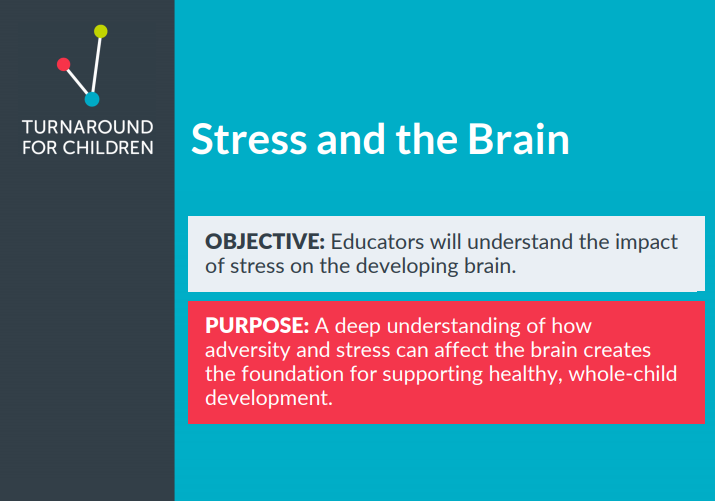
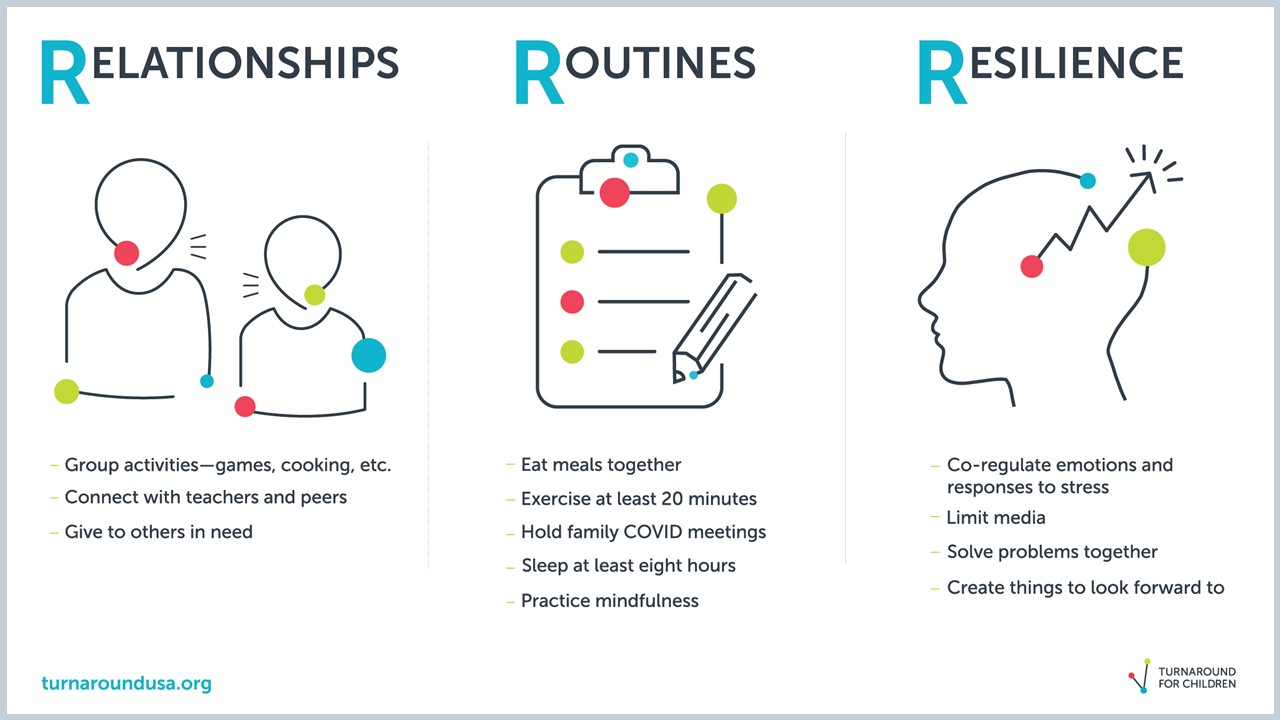
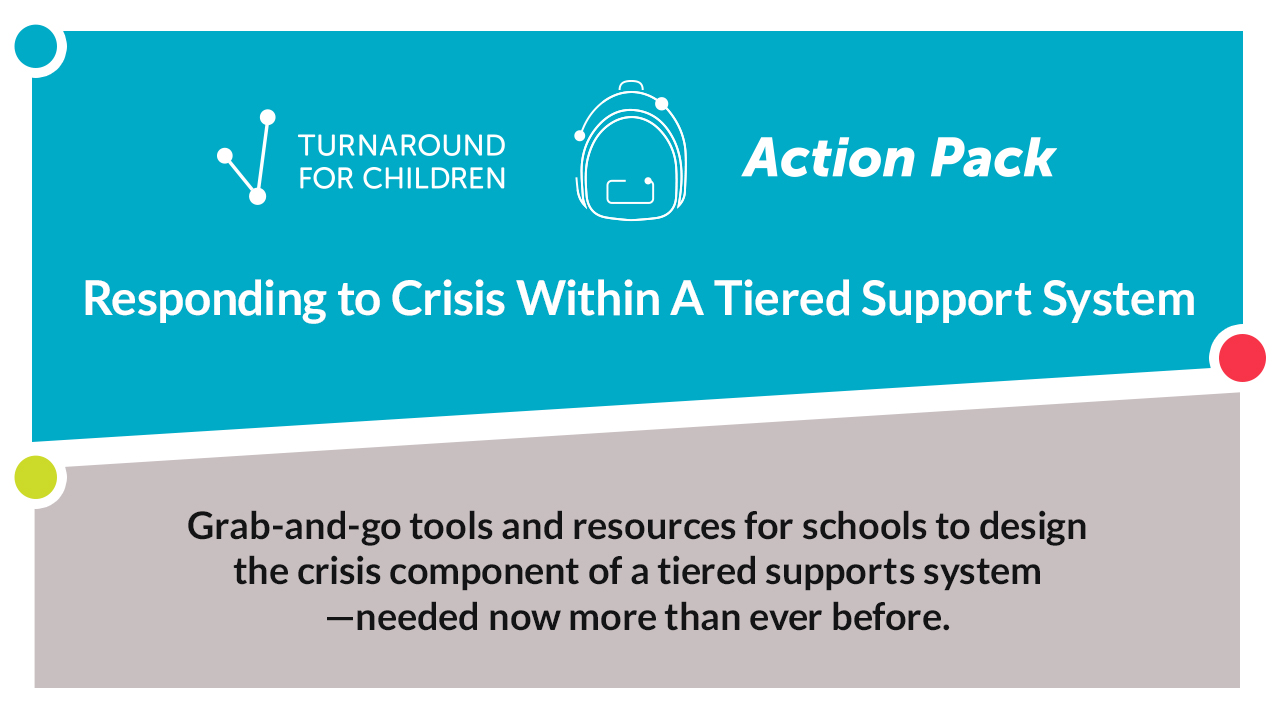


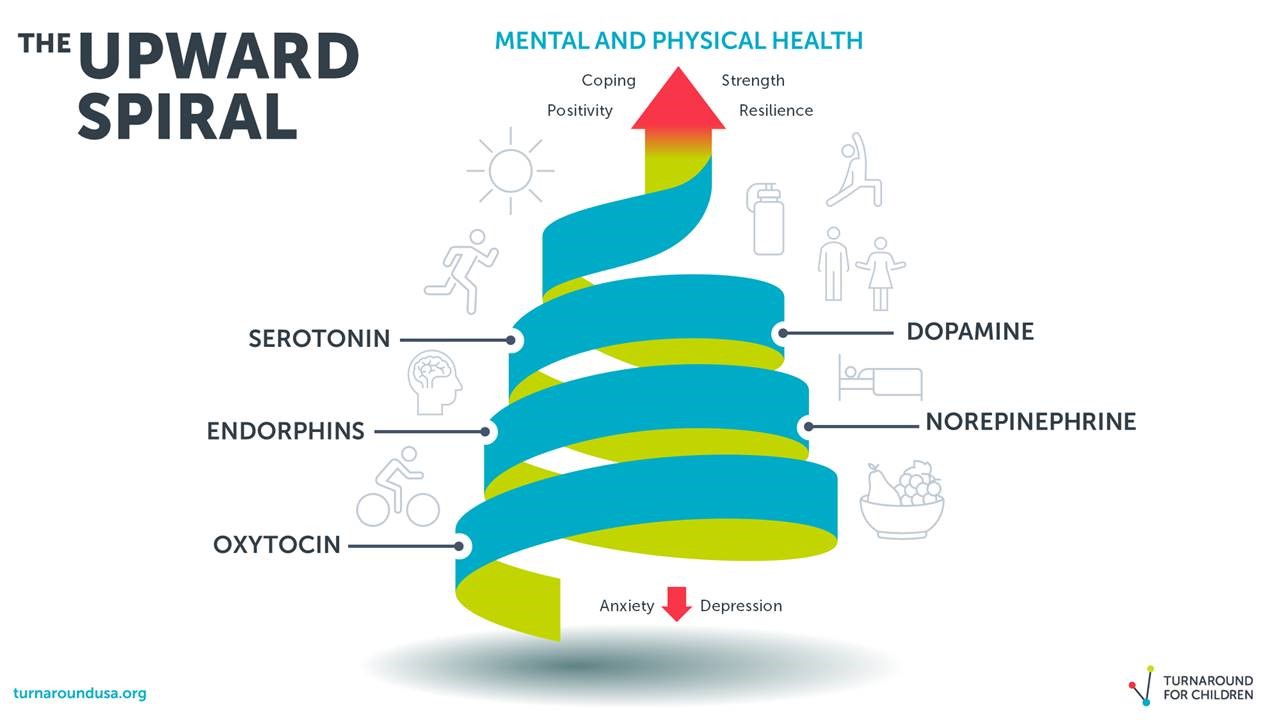
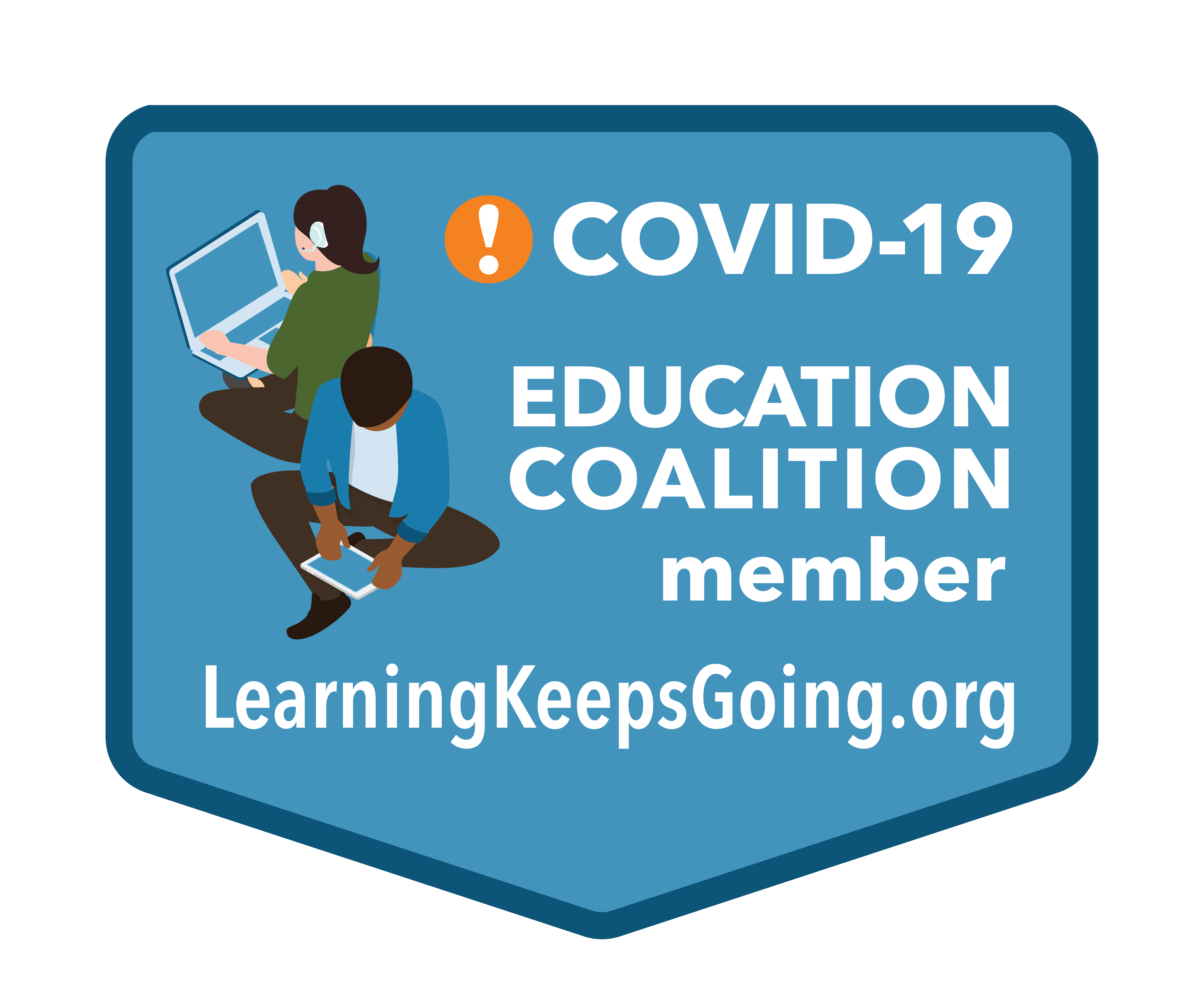
Share